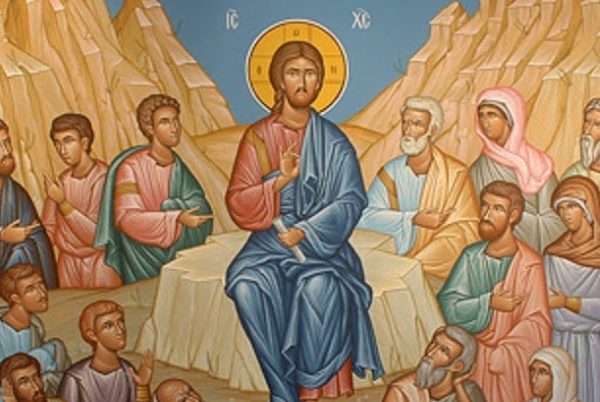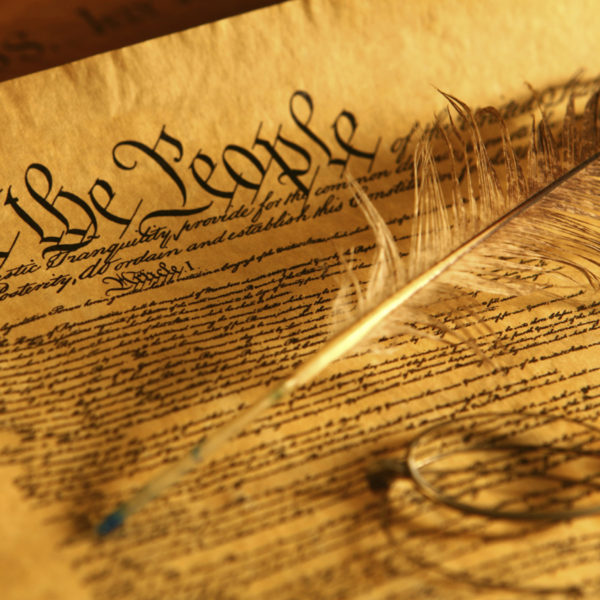
There are at least six identifiable and interrelated relationships in the three books under consideration in this forum. Investigations into the nature, expectations, and communicative barriers in any given relationship is of value to our broader scholarly field but so too is asking how the contours of one relationship may impact that of another

These restrictions must take into careful consideration the historicity of each religious tradition, the social influence of religious beliefs among its citizens, but also theological and exegetical specificities that influence the tradition’s adaptability to the current emergency. Without such thoughtful considerations and a close collaboration with trusted religious authorities, religious communities could be alienated, which can be disruptive in times that require rather unity of thought and action.

Uprooting a fear without replacing it with helpful information is redundant. Therefore, it is time to shift focus from merely quashing anti-vaccine sentiment to intentionally building vaccine confidence. Nigeria provides a heartening case study on how this can be achieved.

This special issue on “Human Dignity, Religion, and Rights in Contemporary China” features debates over religion and politics in China today. Political theology in China raises many questions that western readers will find familiar, but the Chinese context often requires different answers, so that gaining familiarity with the Chinese discussion can broaden our view of the available options at the intersection of religion and politics.







